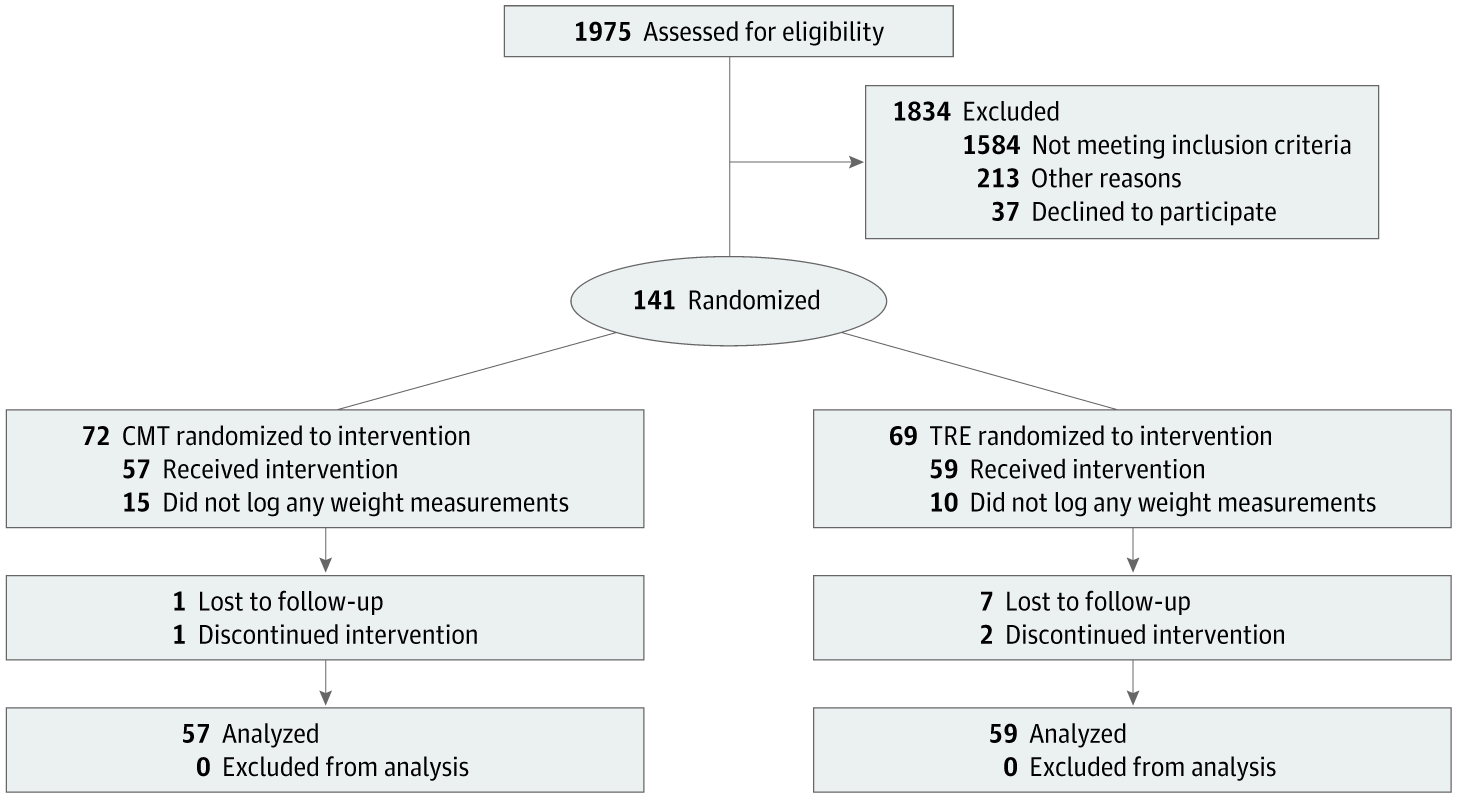- Joined
- Aug 21, 2007
- Messages
- 7,863
- Reaction score
- 13,576
Okay. Is it just me, or do you guys get the sense that the "intermittent fasting" craze that all the muggles can't seem to shut their muggle-mouths about is really just "eating the way a person should normally eat"?
They say these amazingly obvious things like: "I eat breakfast and then I don't eat anything until dinner, and then eat a small volume, only until I'm juuust full, and then I fast until breakfast." I feel so much better and I lost so much weight, robbledy-robbledy-robble.
Really? Wow. So... eat reasonably-sized meals, maybe don't eat a Biggie-Sized Wendy's meal every day at lunch, and you'll arrive at dinner appropriately hungry? What a radical concept! You mean you DON'T feel like a sluggish, semi-hibernating Grizzly throughout the waking hours because you don't stuff yourself to lethargy 3-4 times a day? Wow, you must really be ONTO something here, Osler! You mean you wake up hungry for a hot breakfast, and can't wait to make yourself that steel-cut oatmeal dish that someone posted on their momBlog? Alert the media! Call CNN!
Food is good. Don't eat until you're overstuffed, and don't eat again until you're hungry.
Radical idea, I know.
This rant wasn't as creative as it could be. I'm hoping to make up for it in the thread with some sharp ones.
They say these amazingly obvious things like: "I eat breakfast and then I don't eat anything until dinner, and then eat a small volume, only until I'm juuust full, and then I fast until breakfast." I feel so much better and I lost so much weight, robbledy-robbledy-robble.
Really? Wow. So... eat reasonably-sized meals, maybe don't eat a Biggie-Sized Wendy's meal every day at lunch, and you'll arrive at dinner appropriately hungry? What a radical concept! You mean you DON'T feel like a sluggish, semi-hibernating Grizzly throughout the waking hours because you don't stuff yourself to lethargy 3-4 times a day? Wow, you must really be ONTO something here, Osler! You mean you wake up hungry for a hot breakfast, and can't wait to make yourself that steel-cut oatmeal dish that someone posted on their momBlog? Alert the media! Call CNN!
Food is good. Don't eat until you're overstuffed, and don't eat again until you're hungry.
Radical idea, I know.
This rant wasn't as creative as it could be. I'm hoping to make up for it in the thread with some sharp ones.


